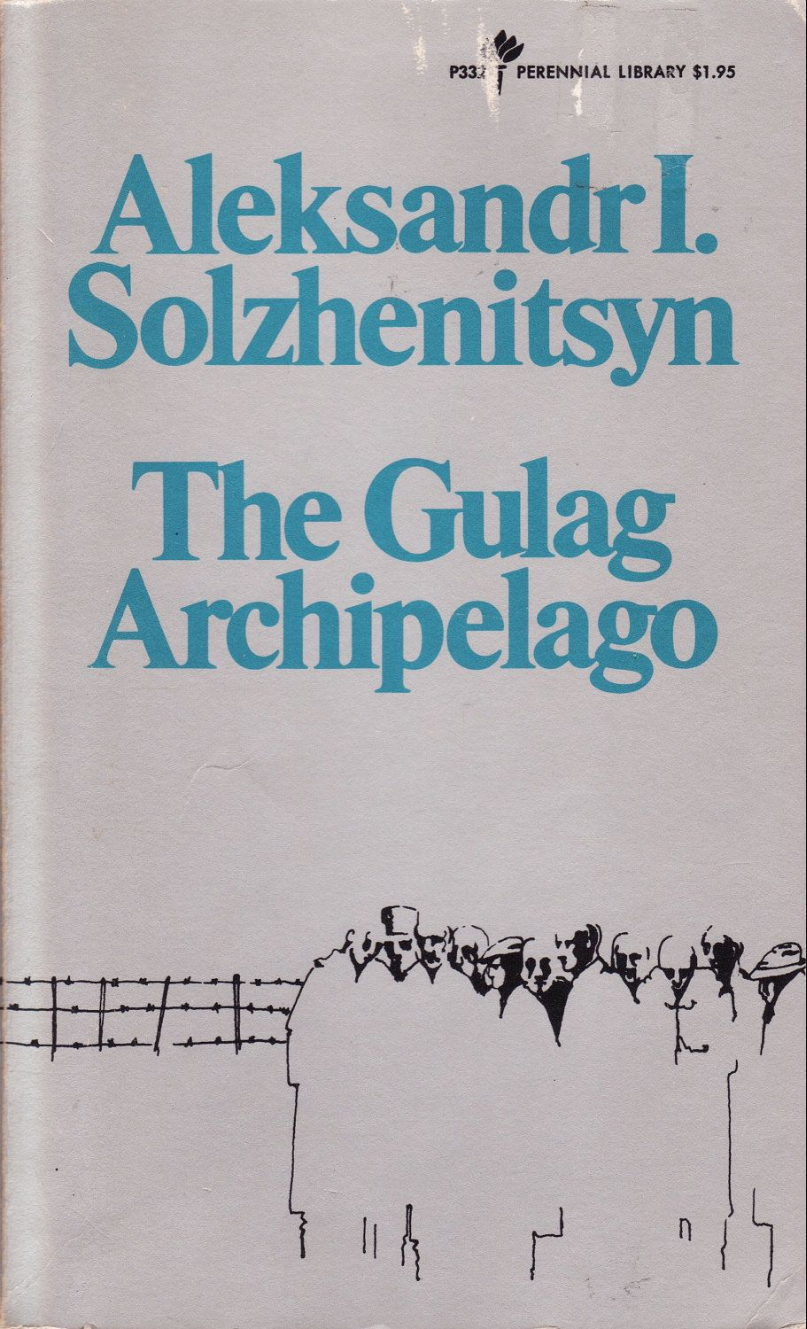The Gulag Archipelago
Book Author: Aleksandr Solzhenitsyn
Summary reviewed by:
Terrence Timmons
Terrence Timmons
Analyst
Bachelor of Arts (BA), University Of California, Santa Barbara 2019
With over 4 years of experience as an analyst. Terrence Timmons is committed to analyzing summaries without compromising on quality.
The Gulag Archipelago: Summary
Embark on a chilling journey into the heart of Soviet darkness, the revelations of which will shake you to the core! In "The Gulag Archipelago," Aleksandr Solzhenitsyn deftly narrates a searing chronicle of the soul-wrenching despair and systemic atrocities endured by prisoners in the Soviet Union's infamous Gulag labor camp system. This massive, three-volume work is not merely a historical account but a profound and harrowing critique of totalitarian regimes and their pervasive machinery of oppression.
Relying heavily on his personal experience as a Gulag prisoner, along with the testimonies of 227 other survivors, Solzhenitsyn exposes the grim realities of life within these camps. These chilling accounts detail the relentless dehumanization, forced labor, and cruel punishments meted out to the inmates, revealing the Gulag system's absolute disregard for human life and dignity.
"The Gulag Archipelago" is a meticulous examination of the very anatomy of the Gulag system, tracing its origins in the early days of the Soviet Union, its growth under Stalin, and its pervasiveness across the Soviet state. Solzhenitsyn explores the ideological underpinnings that justified the system's existence, the machinery of arrests, interrogations, sentencing, transport, and the appalling conditions within the labor camps themselves.
Yet, amidst the abject horror, Solzhenitsyn uncovers threads of human resilience and moral courage. He explores the acts of resistance, survival, and moral dignity that the prisoners managed to uphold against all odds, thus shining a light on the enduring strength of the human spirit.
An indispensable part of world literature and human history, "The Gulag Archipelago" stands as a stark reminder of the inhumanity that political systems can inflict on individuals and society.
The Gulag Archipelago: Genres
Non-fiction
Autobiography
Memoir
History
Political Commentary
The Gulag Archipelago: Themes
Totalitarianism and Oppression: Solzhenitsyn presents the Gulag system as a natural outcome of the Soviet totalitarian regime, exploring how such regimes can systematically suppress and control their citizens. An example is the widespread surveillance and arbitrary arrests in the Soviet Union.
Dehumanization: The book details the brutal conditions of the labor camps, which served to strip the prisoners of their humanity. This can be seen in the accounts of forced labor, cruel punishments, and living conditions that barely sustained life.
Resilience of the Human Spirit: Despite the extreme suffering, Solzhenitsyn emphasizes the endurance and resilience of the human spirit. The accounts of resistance and moral courage shown by prisoners serve as examples of this theme.
The Nature of Evil: Solzhenitsyn explores the banality of evil, illustrating how ordinary people can become complicit in extraordinary atrocities. This theme is evident in the actions of the prison guards and administrators who upheld the brutal Gulag system.
Truth and Memory: Solzhenitsyn asserts the importance of bearing witness to historical atrocities. By documenting and sharing his experiences, he seeks to preserve the memory of the Gulag system and the victims, thereby confronting the Soviet regime’s attempts to erase or deny its horrific past.


The Gulag Archipelago
Date Published: 1973
Disclaimer: As an Amazon Associate I earn from qualifying purchases.




